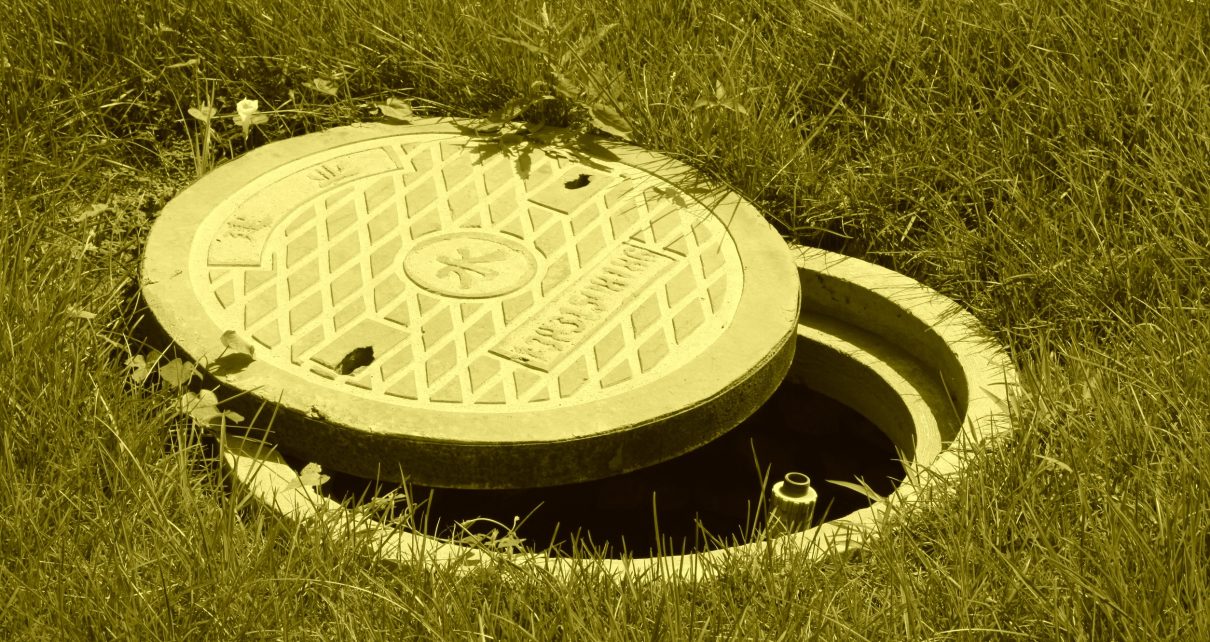Septic tanks are vital components of many rural and suburban households, where centralized sewage systems are not accessible. They play a crucial role in managing household waste. However, without regular maintenance, septic tanks can become a serious problem. This article explores the importance of regular septic tank maintenance.
1. Protection of Public Health
Septic tanks are responsible for the treatment of sewage water that can contain harmful bacteria and viruses. Proper maintenance ensures that these organisms are eliminated or reduced to a safe level. Failure in doing so can lead to contamination of nearby water sources, impacting both human health and the environment.
2. Environmental Safety
Septic systems that are not properly maintained can leak, causing contamination of the soil and water bodies. This can lead to a chain reaction, harming plants, animals, and even impacting drinking water.
3. Economic Considerations
Regular maintenance may seem like an added expense, but it is far cheaper than dealing with a failed septic system. Replacement or significant repairs can be extremely costly. Regular check-ups can identify problems early, preventing more severe issues down the line.
4. Preventing Unpleasant Odors and Backups

One of the clear signs of septic system failure is a foul odor. Regular maintenance keeps the system working efficiently, preventing odors and possible backups into the household plumbing.
5. Legal Compliance
In many jurisdictions, there are legal requirements for septic tank maintenance. Failure to comply with these regulations can lead to fines or other legal penalties.
6. Longevity of the System
Septic tank cleaning extends the life of the septic system. This not only saves money but also reduces the inconvenience of having to replace the system more frequently.
Regular Septic Tank Maintenance Tasks
- Inspection and Pumping: Most septic tanks require inspection every 3-5 years, depending on usage and tank size. Pumping should be done as needed, usually coinciding with regular inspections.
- Effluent Filter Cleaning: If your system includes an effluent filter, it needs to be cleaned regularly to prevent clogging.
- Checking for Leaks and Damage: Regular checks for leaks and damage can prevent small issues from turning into big problems.
Final Thoughts
Regular septic tank maintenance is not just an option; it’s a necessity for the well-being of your household, community, and environment. It ensures the efficient operation of the system, avoids legal issues, saves money in the long run, and contributes to the overall health and safety of everyone involved.





